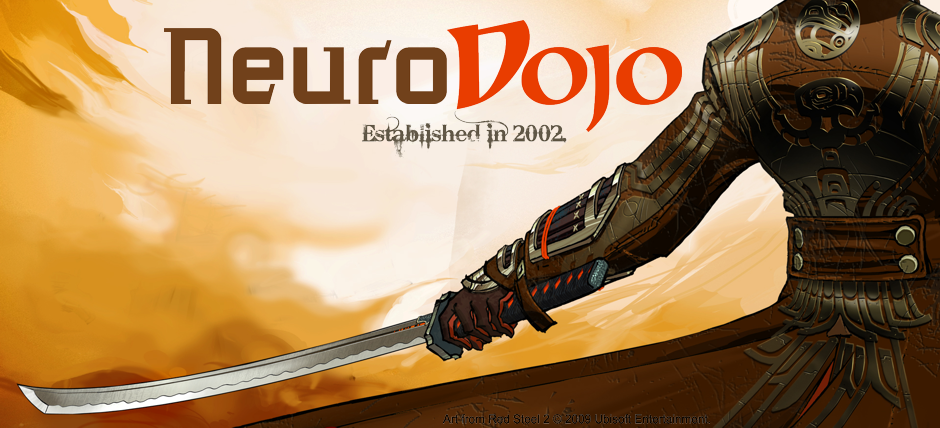 Seth Godin writes:
Seth Godin writes:Demolish the textbook market as soon as possible(.)
Why would someone actively urge demolishing an industry devoted to improving knowledge? Surely there are other industries more worthy of immediate replacement. (Yeah, I’m looking at you, fossil fuels!)
Traditionally, people whinge about the cost of textbooks. But I don’t think that alone is the issue, considering that many of them will happily spend much more on other things. The issue isn’t the cost, it’s their value.
I think one of the problems with textbooks is that, by definition, they are compilations of established knowledge. We have a fairly long established idea that over time, established knowledge becomes public domain. This is particularly true of scientific ideas. Indeed, some may argue that this is the entire point of science. So people really wonder why they should have a compilation of stuff where the core materials are often quite literally decades old.
This problem for textbooks is going to get worse as more old information gets put online. For the kind of science found in introductory textbooks, sources like the much reviled Wikipedia are decent starting points.
Textbooks are going to have to reinvent themselves. They’re going to have to stop being mini-encyclopedias on a topic, and offer something else. I’m not sure what it’ll be. Maybe the future lies with textbooks that offer personal perspective, opinion, a plan, or a point of view.

1 comment:
I appreciate your comments. There may be a much better medium for basic knowledge among disciplines.
It would be preferrable for coursework to use texts from the leading minds in each field of study to cause students to deal with the issues and ideas that are leading the expanse of knowledge.
I could see a biology course use an online textbook for the students to reference for basic tests and as a basis for discussion of the course's acutally text, maybe something from Richard Dawkins. Psychology classes could have their textbook online with a course book from, say Howard Gardner.
In examples such as these, the cost of textbooks would be in tuition costs and the school would pay a subscription to the publisher for online access to the textbook and tests.
Online tests would assess students' understanding of the "established" knowledge for the course, while professor made tests would assess students' critical thinking, problem solving, and ability to synthesize class discussions as they correlate to the textbook knowledge.
Post a Comment